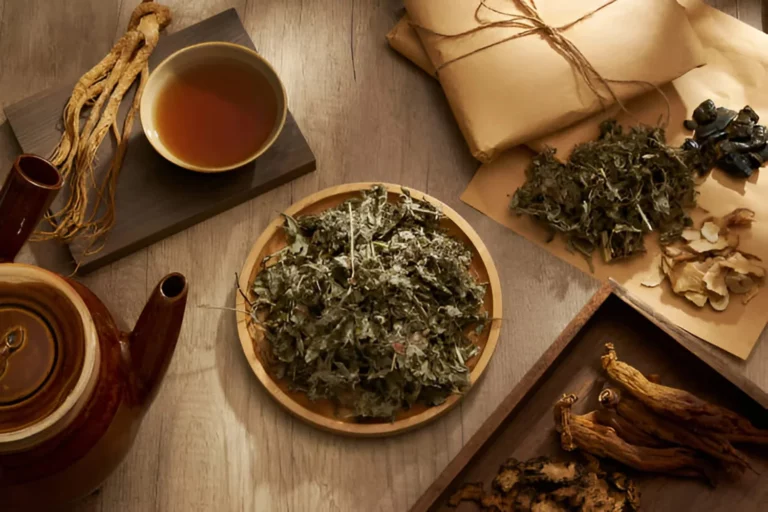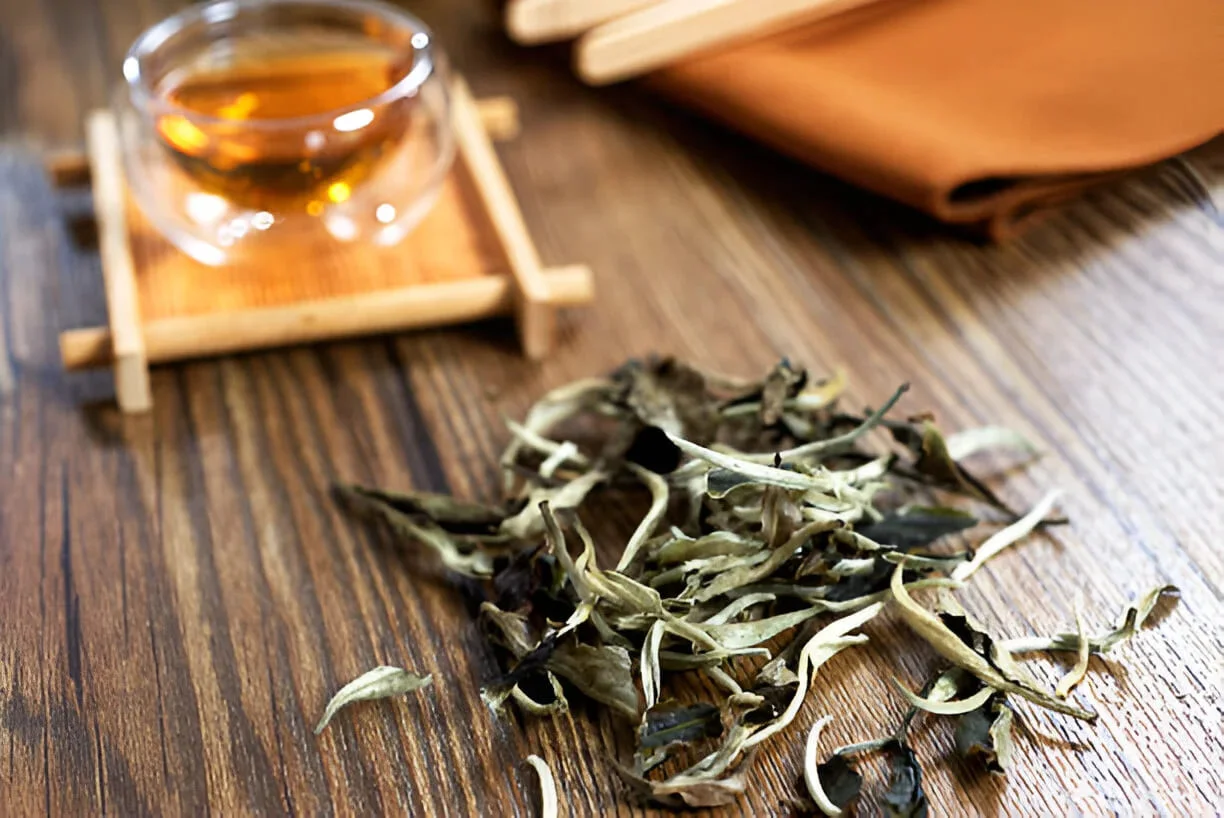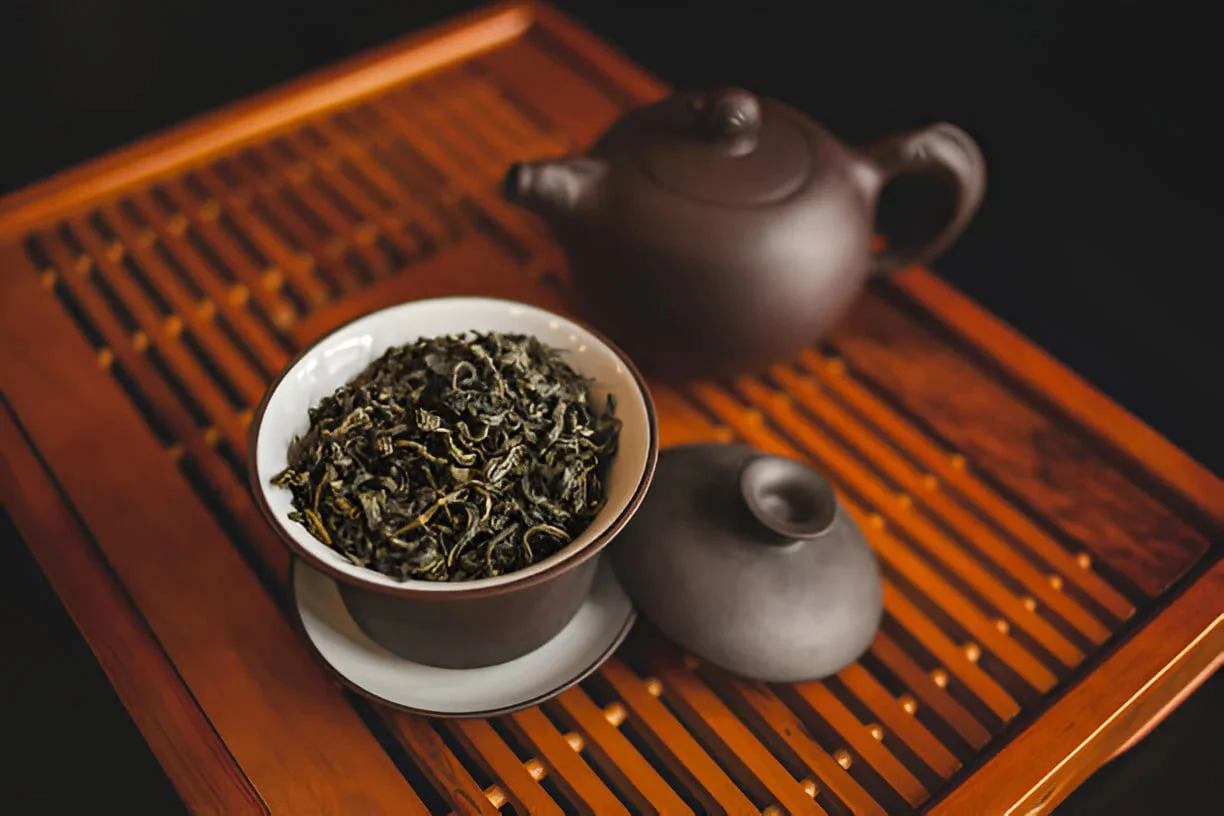Chinese Medicine Perspective on Digestion
Traditional Chinese Medicine (TCM) views digestion as a complex interplay between organs, energy flow (Qi), and blood circulation. Key organs involved are the Spleen and Stomach, which work together to transform food into usable energy and nutrients. The Spleen Qi is responsible for the transformation and transportation of food, extracting essential nutrients while eliminating waste.
It also supports the upward movement of energy, which is important for maintaining balance and stability in the body. The Stomach Qi, on the other hand, handles the initial stages of digestion and the downward movement of food for further processing. TCM understands the importance of eating warm, cooked foods to support digestive health, as excessive cold foods can weaken the digestive fire and hinder the body’s ability to process nutrients effectively.
The Benefits of Chinese Herbs for Digestive Health
Chinese herbs for digestion have been used for centuries, offering various benefits through natural means. Herbs for digestion like ginger, licorice root, and Chinese yam are commonly used to soothe the digestive tract, reduce inflammation, and enhance nutrient absorption. Ginger is also known for its ability to ease nausea and promote gastric motility, while licorice root helps to heal the stomach lining and balance stomach acid production. Chinese yam is used to strengthen the spleen and stomach, promoting better digestion and energy conversion.
These Chinese herbs for digestion work together to balance the body’s internal environment, ensuring that the digestive system functions its best and benefits you most. Adding these herbs for digestion into your routine can provide a natural approach to maintaining optimal digestive health.
5 Chinese Herbs That Help Digestion
Next, we will explore five Chinese herbs that are particularly effective for improving digestion. These herbs have been used in Traditional Chinese Medicine (TCM) for centuries to promote digestive health and ease various gastrointestinal issues. Before adding any of the best herbs for digestion into your routine, it is very important to consult with a qualified Chinese herbalist. An experienced herbalist can ensure that the chosen herbs are appropriate for your specific condition and that they are used safely and effectively. This approach helps prevent potential adverse effects and maximizes the benefits for your digestive system.
Geng Mi
It is known for its mild and neutral properties, making it gentle on the stomach and useful for those with weakened digestive systems. Geng Mi helps to strengthen the spleen and stomach, which are vital organs in TCM for transforming and transporting food. This herb is often used in herbal formulas to nourish the body’s Qi (energy) and fluids, improving overall digestion and absorption of nutrients. Geng Mi can also help ease symptoms like diarrhea and poor appetite, promoting a more balanced and healthy digestive system.
Ji Nei Jin
One of the herbs for digestion and bloating is Ji Nei Jin, also known as chicken gizzard lining. It is derived from the inner lining of chicken gizzards and is known for its ability to strengthen the stomach and spleen. Ji Nei Jin is one of the best herbs for indigestion and it helps break down food, improve nutrient absorption, and ease various digestive disorders such as indigestion, bloating, and poor appetite. This herb is also known for dissolving stones in the urinary and digestive tracts, making it useful for those dealing with gallstones or kidney stones. By promoting smooth digestion and enhancing the digestive organs’ functions, Ji Nei Jin supports overall gastrointestinal health.
Shan Zha
Shan Zha is one of the digestive herbs and is also known as hawthorn fruit. It is effective in aiding the digestion of fatty foods and promoting overall digestive health. Shan Zha helps to move food through the digestive tract, ease bloating, and reduce indigestion. It is also known for its ability to improve appetite and relieve food stagnation, making it useful for conditions such as dyspepsia and poor digestion. Additionally, Shan Zha has cardiovascular benefits, as it can help lower blood cholesterol and improve circulation.
Read Also: Chinese Herbs for Weight Loss
Mai Ya
Mai Ya yet another one of the herbs for stomach and is also known as barley sprouts. It is good at promoting the digestion of starchy foods and easing symptoms of food stagnation. Mai Ya helps to strengthen the stomach and spleen, improving their function and overall digestion. This herb is often used to relieve bloating, indigestion, and poor appetite. It is also useful for people experiencing distention and fullness in the abdomen after meals. Additionally, Mai Ya can help to gradually wean infants from milk to solid foods by easing the digestive transition.
Chen Pi
Chen Pi is also known as aged tangerine peel. It is used for its ability to regulate Qi (energy flow) and improve the function of the spleen and stomach. Chen Pi helps ease symptoms of bloating, indigestion, and nausea by promoting the movement of Qi and reducing dampness and phlegm in the digestive tract. It is also effective in addressing issues like poor appetite and abdominal distension. The herb also has mild diuretic properties, which can help reduce fluid retention.
Marina Doktorman, L.Ac. about Digestive Support Through Traditional Chinese Herbs
Marina Doktorman, L.Ac., offers specialized digestive support through Traditional Chinese Medicine at Pulse Acupuncture in Williamsburg, Brooklyn, and Clifton, NJ. She uses a combination of Chinese herbs for gut health and acupuncture to address various digestive issues. Marina’s approach can help with:
- Acid Reflux. Acupuncture for acid reflux helps reduce symptoms by balancing stomach acid levels and improving digestive function.
- Bloating. Chinese herbs for bloating and acupuncture work together to reduce bloating and help digestion.
- Indigestion. Special treatments aim to alleviate discomfort and promote better nutrient absorption.
- Poor Appetite. Chinese herbs can stimulate appetite and improve overall digestive health.
- Constipation. Acupuncture and Chinese herbs for constipation help regulate bowel movements and relieve constipation.
At Pulse Acupuncture, Marina provides personalized treatments designed to restore digestive health and improve overall well-being. By mixing acupuncture with Chinese herbal medicine, she offers a holistic approach to managing and resolving digestive problems. Visit Marina for a consultation to discover how these traditional methods can benefit your digestive health and overall well-being.
-
Marina Doktorman, M.S., L.Ac., is an experienced acupuncturist who obtained her Masters of Acupuncture from the Tri-State College of Acupuncture in New York City in 2001. During her studies, she focused on Chinese Herbology, a branch of Traditional Chinese Medicine (TCM) that utilizes herbs to complement acupuncture treatments. Marina is licensed in both New York (NY) and New Jersey (NJ) and holds a Diplomate of Acupuncture from the National Certification Commission for Acupuncture and Oriental Medicine (NCCAOM), indicating her expertise in the field.















